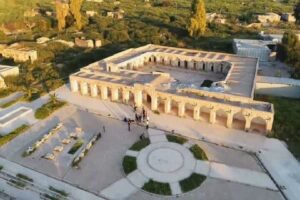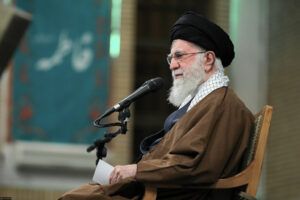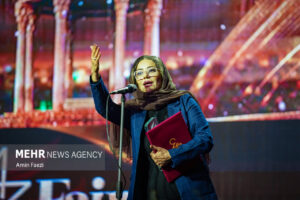Avash News: Relative Values tells the story of an aristocratic family in England struggling with the impact of rapidly changing social values. This clash of values comes to light when the family’s son announces his engagement to a Hollywood actress.
Relative Values premiered at the Savoy Theatre on November 28, 1951, and was later performed in New York in 1986.
“This is the first time the play has been translated and performed in Iran,” said Shahrestani, who has brought it to the stage with his students—some of whom are performing for the first time.
Shahrestani, who has been training new talents in theatre for over three decades—many of whom have become masters in the field—expressed concern over the economic and cultural issues that have led to a decline in theatre attendance. He added that he has introduced ticket discounts so that more people can afford to see the play.
Regarding the impact of Artificial Intelligence on theatre, Shahrestani said that although AI and other new technologies influence art, he does not believe theatre will be greatly affected.
“Undoubtedly, any new phenomenon, especially in the artificial world, can be misused. However, I think theatre is far from that risk. AI has not yet been able to recreate the human spirit. The surface may be replicated in detail, but the essence and authenticity of human creativity—which transform the human psyche—are unique to humankind and cannot be reproduced,” he said, adding that while other arts such as cinema, painting, or sculpture may be simulated, theatre and music cannot.
Mikaeil Shahrestani has directed and played leading roles in hundreds of plays over his 40-year career. The play “Relative Values” will be on stage until November 22 at Sayeh Hall in Tehran’s City Theatre Complex.







